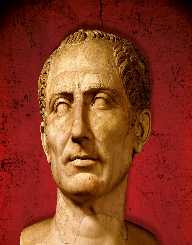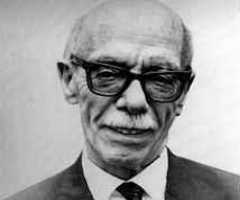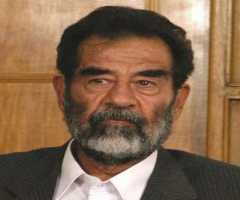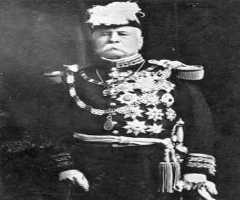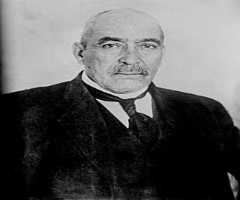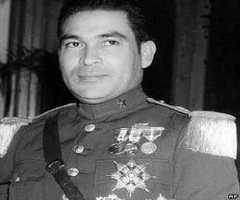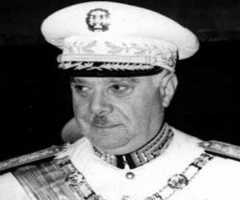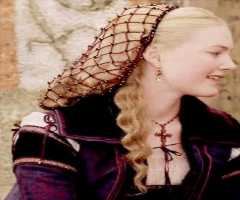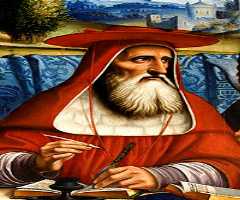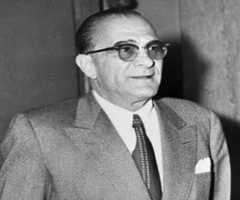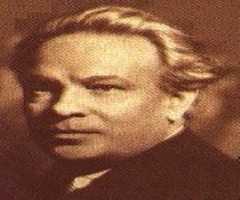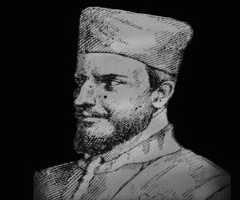Julius Caesar Biography, Life, Interesting Facts
Julius Caesar was born on July 12, 100 BC. He was a Roman Politician. He was also a Military general. He was also a Latin author. He was renowned for his contribution to the Fall of the Roman Republic and the rise of the Roman Empire.
Early Life and Career
Julius Caesar was born Gaius Julius Caesar in Alba Longa, Rome. He was born to Gaius Caesar and Aurelia Cotta. In 85 BC his father died. He later became the head of the family. He later became the high priest of Jupiter (Flamen Dialis). Soon after Sulla’s Victory, Caesar was relieved of his inheritance, his wife’s dowry, and his priesthood. He later went to exile after he refused to divorce his wife. He then left Rome.
He after that joined the Military. He served Servilius Isauricus in Cilicia and Marcus Minucius Thermus in Asia. He later won the Civic Crown for serving with honor. He then went to Bithynia for a mission for securing the assistance of King Nicomedes’s fleet.
In 78 BC Julius Caesar returned to Rome soon after the death of Sulla. He lived in Subura which was a local neighborhood of Rome. He later returned to legal advocacy and became famous for the prosecution of former governors who were much involved in corruption and extortion. He was after that kidnapped and held captive by the pirates across the Aegean Sea. He was later released at 50 talents of silver ransom.
He thereafter made retaliation by raising a fleet and capturing and crucifying the pirates that kidnapped him. He later returned in Asian Military and brought up auxiliaries for repelling an attack from the east. He thereafter returned to Rome and was elected the Military Tribune. In 69 BC he became a Questor. He later went to Spain to serve his quaestorship. In 67 BC, he returned to Rome.
In 65 BC, Julius Caesar was elected the Curule Aedile. In 63 BC, he contested and won the Chief Priest of the Roman State Religion (Pontifex Maximus). In 62 BC, he governed as the Propraetor of the Hispania Ulterior. He overcame two local Spanish tribes thus becoming the Imperator of his troops. He thereafter remodeled the Law regarding debts hence completing his governorship in a high note. In 60 BC he contested and won the 59 BC consul election.
He later proposed a law focused on redistributing lands to the poor by use of arms. He then raised two legions to and defeated the German Tribes in the Battle of Magetobriga. He later gathered a larger army to Gaul and took a bigger part. He later left Gaul due to poor harvests. In 50 BC, he was ordered to return to Rome because his Governorship term had reached its end. Since he felt insecure that he would be prosecuted, he gathered an army.
In 49 BC, Julius Caesar crossed river Rubicon with a single Legion and started a Civil war. He thereafter persuaded Pompey’s army and succeeded it while Pompey had run away. In 48 BC, he defeated Pompey back in Pharsalus, Greece. He was later appointed as a Dictator. He then resigned and followed Pompey to Egypt. He later joined Queen Cleopatra of Egypt soon after Pompey was killed. He later returned to Rome and made permanent Dictator.
His successful works as a dictator included relieving debt, reforming Senate by increasing its size, reformation of the Roman calendar as well as reorganization of the local Governing body. He later re-brought up two cities which included ‘Carthage and Corinth’ which were brought down earlier. He also gave foreigners permanent citizenship. He was later assassinated by Brutus and Longinus.
Personal Life
In 84 BC, Julius Caesar married Cornelia with whom he had one child. She died in 69 BC. In 67 BC, he married Pompeia with whom he divorced in 61 BC. In 59 BC, he married Calpurnia with whom he stayed till he met his death. Julius Caesar was assassinated on March 15, 44 BC by Brutus and Longinus.
More Dictators
-
![José María Velasco Ibarra]()
José María Velasco Ibarra
-
![Jerry J. Rawlings]()
Jerry J. Rawlings
-
![Porfirio Diaz]()
Porfirio Diaz
-
![Victoriano Huerta]()
Victoriano Huerta
-
![Fulgencio Batista]()
Fulgencio Batista
-
![Rafael Trujillo]()
Rafael Trujillo
